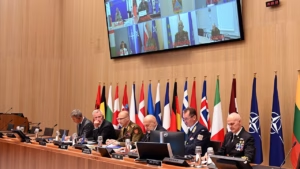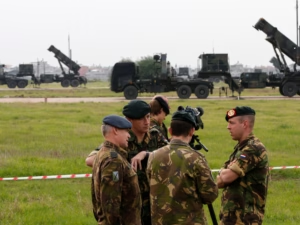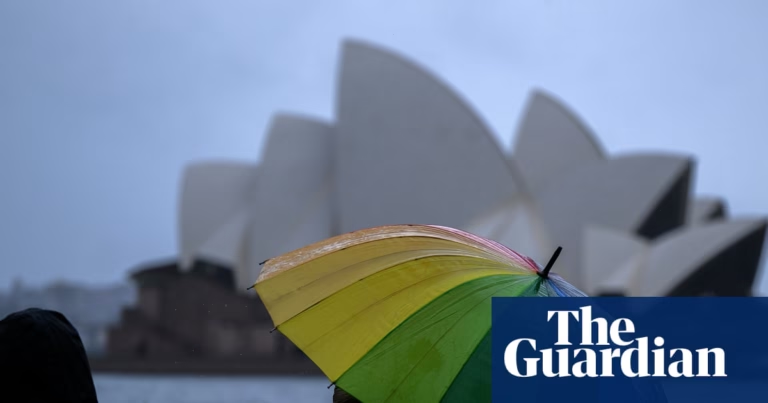In the city of Bhubaneswar, the capital of the north-east Indian state of Odisha, an eye clinic has transformed the lives of thousands of children. Before the unit was established in 2008, there was no dedicated children’s eye care centre in the entire eastern part of India, which is home to 20% of the world’s blind children. The clinic now treats around 3,000 children each month and performs 350 eye surgeries – with many of these procedures provided at no cost to the families who need them the most.
This initiative is one of the legacies of Miriam Hyman, a 31-year-old picture researcher, amateur artist, and dancer who lost her life in the London bombings of 7 July 2005, alongside 51 other commuters. After her death, her family established the Miriam Hyman Children’s Eye Care Centre in Bhubaneswar using compensation money and public donations. Thanks to the clinic’s work, among other achievements, doctors have made significant progress towards eliminating one form of childhood blindness, retinopathy of prematurity, in the surrounding area.
Esther Hyman, Miriam’s sister, says, “It makes our hearts happy to know that she’s memorialised in that way.” The centre is now a living memorial to Miriam and a testament to her lasting impact on people’s lives, reflecting the kind of person she was.
Over a decade after the attacks, the families of those who died continue to memorialize their loved ones through various projects around the world. These initiatives range from an orphanage in Cambodia funded in memory of Michael Matsushita to a swimming project in Belize established in honor of Fiona Stevenson.
Memorial efforts also include a garden at Great Ormond Street children’s hospital, created in memory of Behnaz Mozakka and Mala Trivadi, staff members who lost their lives in the bombings. Their sacrifice and the continued volunteerism of their colleagues have helped provide a peaceful space for staff and long-term patients.
The Hyman family has also been instrumental in establishing educational resources, such as Miriam’s Vision, which aids teachers in exploring issues of reconciliation. Esther Hyman reflects on the impact of these projects, recognizing the emotional effort needed to pursue them, while also seeing a sense of satisfaction in the positive changes brought about by their efforts.
The spirit of giving back and creating something meaningful in the wake of tragedy continues through initiatives like the travel bursary funded by the family and employers of Philip Russell, a financial manager who died in the bus bombing. These acts show that even in the face of profound loss, individuals can inspire lasting positive change.
Source: https://www.theguardian.com/uk-news/2025/jul/06/positive-legacies-7-7-london-bombings









